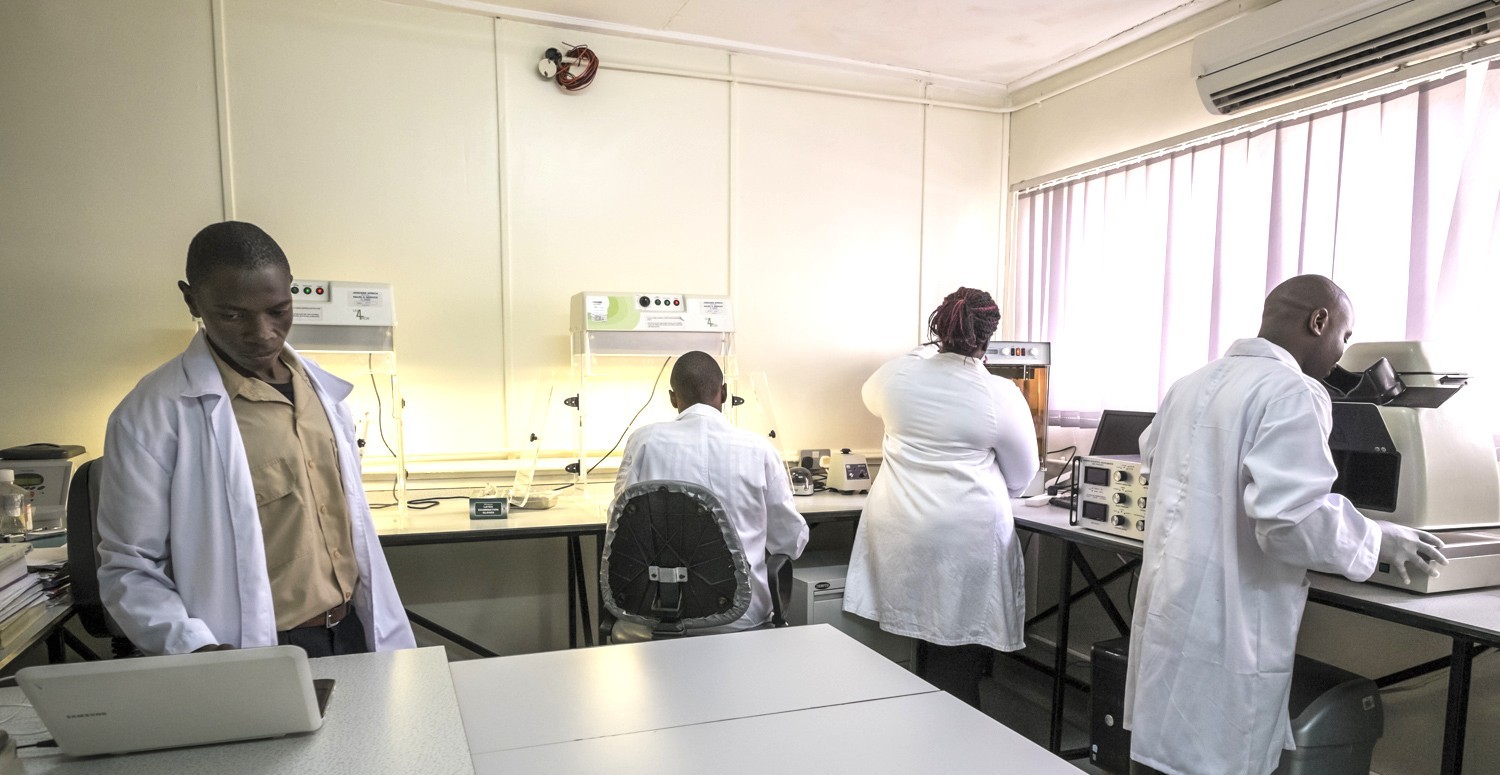Target Malaria Uganda
Who we are
Target Malaria is a not-for-profit research consortium that aims to develop and share new, cost-effective and sustainable genetic technologies to modify mosquitoes and reduce malaria transmission. Target Malaria started as a university-based research programme and has grown to include scientists, stakeholder engagement teams, regulatory affairs experts, project management teams, risk assessment specialists and communications professionals from Africa, North America and Europe. The Uganda Virus Research Institute (UVRI) is the collaborating partner.
Vision
Our vision is a world free of malaria
Mission
We will develop and share new, cost-effective and sustainable genetic technologies to modify mosquitoes and reduce malaria transmission.
Values
We will:
- Achieve excellence in all areas of our work, creating a path for responsible research and development of genetic technologies
- We will co-develop both our technologies and the associated knowledge base.
- Ensure our work is evidence-driven so we can deliver safe and effective technologies.
- Be open and accountable in how we work, in our relationships and in our decisions
Our work
Our aim is to reduce the population of malaria mosquitoes to stop the transmission of the disease, using gene drive technology. We are introducing our technology to stakeholders, including local communities, and regulatory agencies in a stepwise approach, working first with non gene drive strains, sterile male mosquitoes and male bias mosquitoes, in preparation for gene drive mosquito strains to come.
Since 2012, UVRI/Target Malaria Uganda has been working on several aspects contributing to the development pathway of gene drive technology development. Target Malaria Uganda team is involved in characterizing mosquito populations in selected villages within Mukono and Kalangala districts to explore the several aspects of mosquito populations including their species diversity, medical importance, seasonal population dynamics among others.
To increase its human and infrastructural capacity in gene drive research, a new Arthropod Containment Level 2 (ACL2) insectary, the first of its kind in Uganda, was constructed at UVRI. The insectary was built and operates strictly following recognized international guidelines for arthropod containment. It also meets national guidelines for biosafety as laid out by the regulatory authorities in Uganda.
The insectary is fully equipped for purposes of conducting contained studies on genetically modified mosquitoes. Currently, the insectary team is carrying out several experiments on both local mosquitoes and genetically modified mosquitoes (male bias mosquitoes.
In Africa, Target Malaria currently works with partner institutions in Uganda and Burkina Faso.
Funding
Target Malaria receives core funding from the Bill & Melinda Gates Foundation and from the Open Philanthropy Project Fund, an advised fund of Silicon Valley Community Foundation. Individual laboratories also receive additional funding from a variety of sources to support each lab’s work, including the Ministry of Health, Uganda National Council of Science and Technology, Welcome Trust, World Bank, the European Commission, MRC, NIH and DEFRA.
Partner institutions
UVRI, Imperial College London, CDC Foundation, Institut de Recherche en Sciences de la Santé (IRSS), Burkina Faso, Polo d’Innovazione di Genomica, Genetica e Biologia (Polo GGB), University of Oxford, UK.

